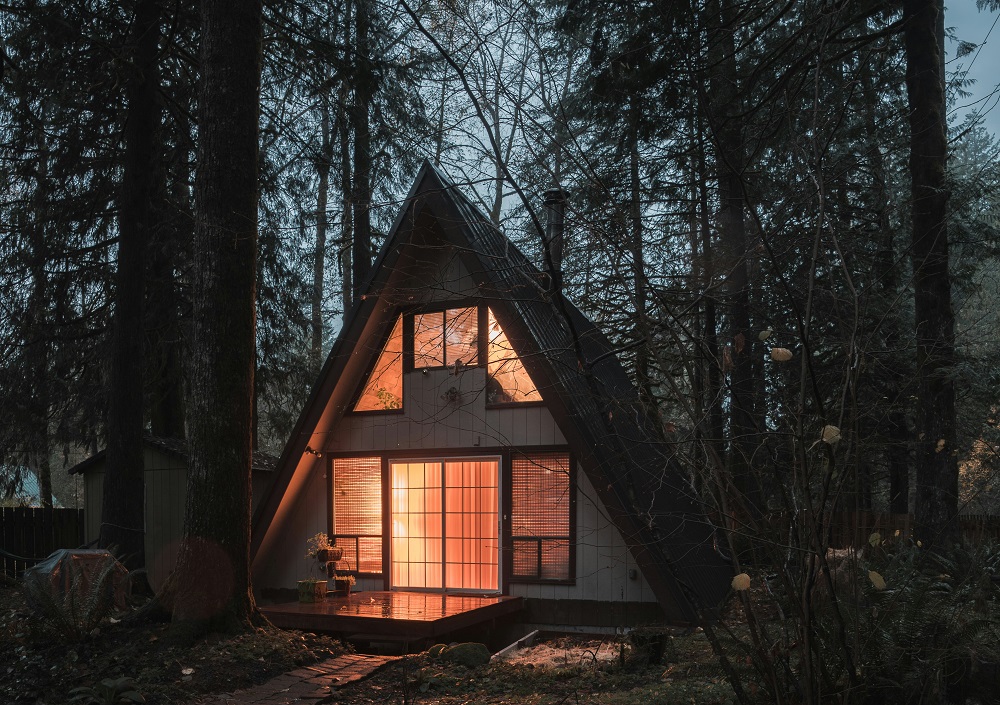
Clients are asking about the impact on their home insurance of building an Accessory Dwelling Unit (ADU), so I decided to answer it as a short blog post.
What is an ADU
Yes, you can build an Accessory Dwelling Unit (ADU) at your home, subject to local permitting. An ADU is a small living or working space on the same grounds as, or attached to, your home. It can be a distinct space inside the main house, such as a converted attic or basement; or a separate unit on the same land lot. ADUs are also known as granny flats, in-law suites or garden cottages. Generally speaking, you need a permit to build an ADU. ADUs are considered new construction or a major alteration of an existing structure. depending on your location, as well as the size and type of your ADU, and other factors. You’ll need:
- Architectural drawings and floor plans of your ADU
- Building and electrical permits
- A location permit if your ADU is detached from the main house
- Additional permits (such as plumbing, mechanical, or fire safety) if required in your local jurisdiction
You will need to submit your permit application to the appropriate department in your city or county. Then wait for their review and approval. The process may take several weeks or months. Duration depends on the complexity of your project and the workload of the staff. Permit fees, depending on your location and the size of your ADU, will need to be paid.
Once you receive the final design and the permits, you can start building your ADU according to the approved plans. Scheduled Inspections during and after the construction ensure that your ADU meets the code and safety standards.
Home Insurance Impact of an ADU
If your Accessory Dwelling Unit (ADU) is not an interior ADU, your home insurance will likely be impacted. Please call and discuss it with us to ensure your homeowners insurance protects your investment in an ADU. Your homeowners policy may already include other structures coverage that would help to pay to repair or replace the structure due to a covered loss. Also, if you have a tenant live in your ADU, it’s wise to require that they get Renters insurance and name you as an “Additional Insured” under their policy. This way, if the tenant causes any type of liability claim you are insured under their policy. You can avoid using your own insurance, which later could cause your rates to rise a lot! Also, always have a competent attorney write your rental contract to protect yourself.
Call me for a Coverage Review and Quote on your personal or HOA insurance.
